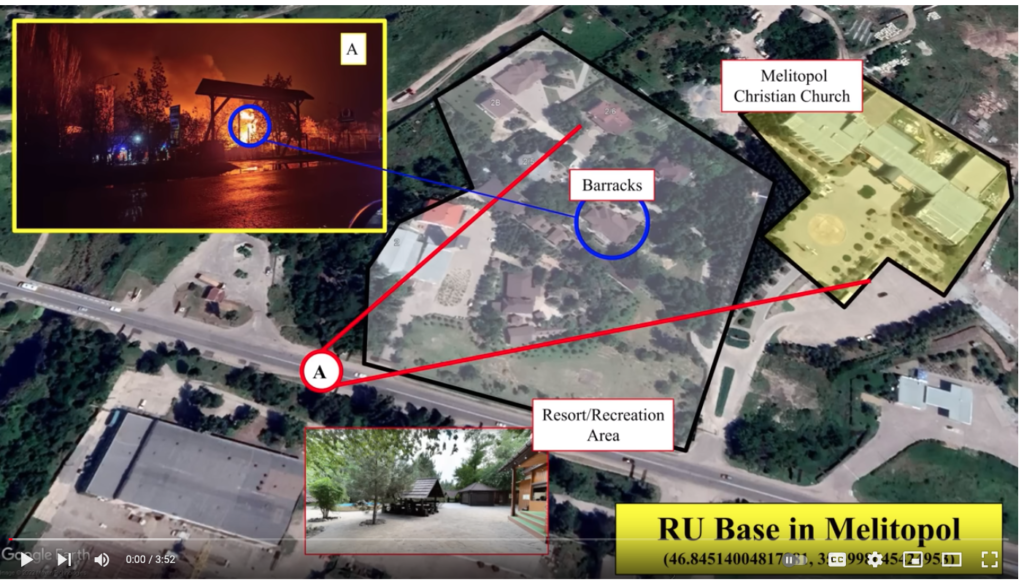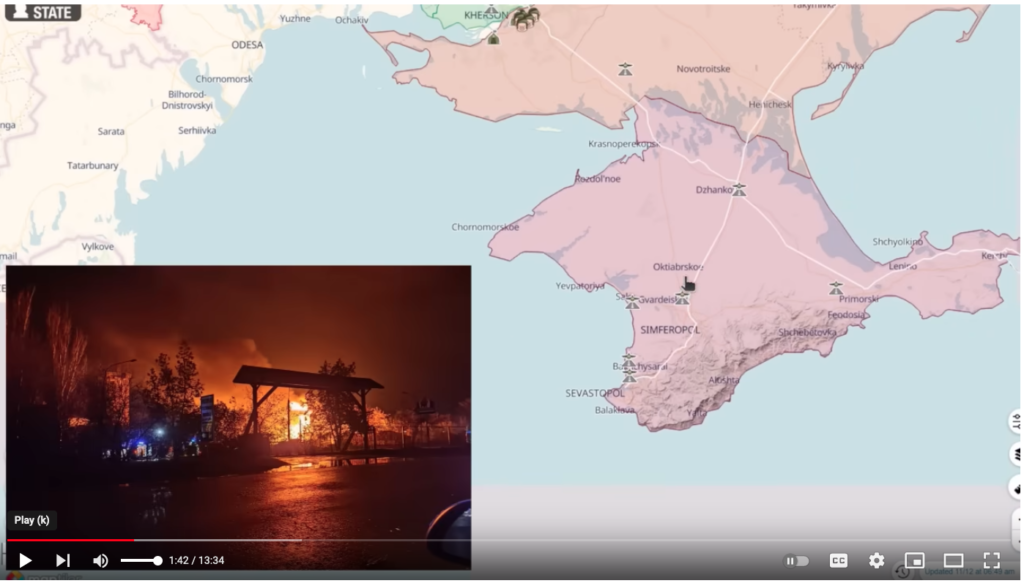Here’s a lawsuit against Texas Attorney General filed under the pre-Musk Twitter regime that was just dimissed.
In a Tuesday press release, Attorney General Ken Paxton claimed legal victory over Twitter after a federal appeals court threw out the social media company’s lawsuit against him.
After President Donald Trump was banned from Twitter following the Capitol riot on January 6, 2021, the Texas Office of the Attorney General issued a “civil investigative demand” (CID) for Twitter to reveal information on how it moderates content.
Paxton said he wanted to determine whether Twitter had violated the Texas Deceptive Trade Practices Act.
As we know from the ongoing Twitter revelations following Musk’s takeover, there was a whole lot of deception (and censorship) going on.
Twitter then sued Paxton in the Northern District of California for violation of the First Amendment. The district court dismissed the case as not “prudentially ripe,” meaning it would be better decided in the future when there was more information.
A discussion of “ripeness” as a legal concept in lawsuits is far beyond the scope of my expertise. (Ditto “standing.”)
A panel of judges affirmed that decision and added that the case was “not constitutionally ripe,” meaning it rested on hypothetical future events rather than present facts because Twitter did not claim the CID had a “chilling effect” on its free speech at the time.
Twitter then appealed to the U.S. Court of Appeals for the Ninth Circuit, which affirmed the panel’s judgment that the case was constitutionally unripe.
“The issues here are not fit for judicial decision,” wrote Judge Ryan D. Nelson in the opinion, “because Twitter’s allegations do not show that the issuance of the CID is chilling its speech or causing it other cognizable injury that the requested injunction would redress.”
Paxton’s press release claimed the lawsuit was a “thinly-veiled distraction.”
“I’ve been asking Twitter for years to answer questions about its content moderation and large-scale censorship, but Twitter’s only response has been to try and hide behind its bogus lawsuits against me,” he wrote.
“Now that yet another court has ruled in our favor and more details surrounding Twitter’s censorship have come to light, I look forward to helping get to the bottom of any actions that the company took to mislead consumers.”
Musk might want to order his Twitter employees to go ahead and comply with Paxton’s records requests.
After releasing so many details of Twitter’s censorship regime, Musk might think about releasing the memos behind Twitter’s lawsuit strategy under the previous regime…




